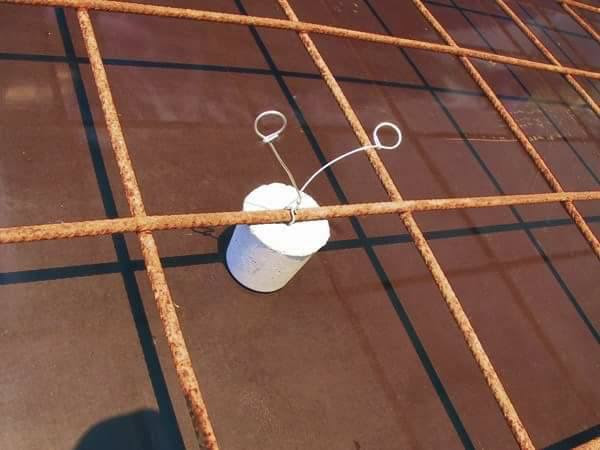-
abbu riyaz
- 28 Oct 2017
Reinforcement Cover
Reinforcement Cover Reinforcement Cover is essential to the steel reinforcement bars. Bars are surrounding sufficient impermeable concrete to protect from corrosion.…
-
abbu riyaz
- 27 Oct 2017
Plastic formworks for concrete construction
Plastic formworks for construction is to keep fresh concrete in position to gain strength. With the help of formworks, concrete is…
-
abbu riyaz
- 26 Oct 2017
RCC Columns Pedestals and Footings
RCC Columns Pedestals and Footings is to give good strength and durability to structural members. Improper concrete leads to corrosion of…
-
abbu riyaz
- 23 Oct 2017
Roof Repairs
The Roof repairs and repairing methods explains in these post. There are various methods follows for rectification of old roof…
-
abbu riyaz
- 15 Oct 2017
Repairing Concrete Column Cracks and Damages
Repairing concrete column cracks and damages is essential. The column concrete damages are becoming critical in mass structures like shopping malls,…
-
abbu riyaz
- 12 Oct 2017
Corrosion protection
Corrosion protection of underwater pile is essential in aqua construction. Eliminating this corrosion problem is very hard, the corrosion is…
-
abbu riyaz
- 11 Oct 2017
Methods of Ground Water Control in Excavations
The Methods of Ground Water Control in Excavations explains in this post. These techniques use to prevent groundwater entering into…
-
abbu riyaz
- 09 Oct 2017
Structural strengthening
Structural strengthening of concrete structures considers when the existing structure damages. And alteration of the structure is to make due…
-
abbu riyaz
- 08 Oct 2017
Grouting techniques
Grouting techniques use to prevent water leakage in massive and other water retaining systems. Underground structures like tunnels, hydroelectric power plants, storage…








